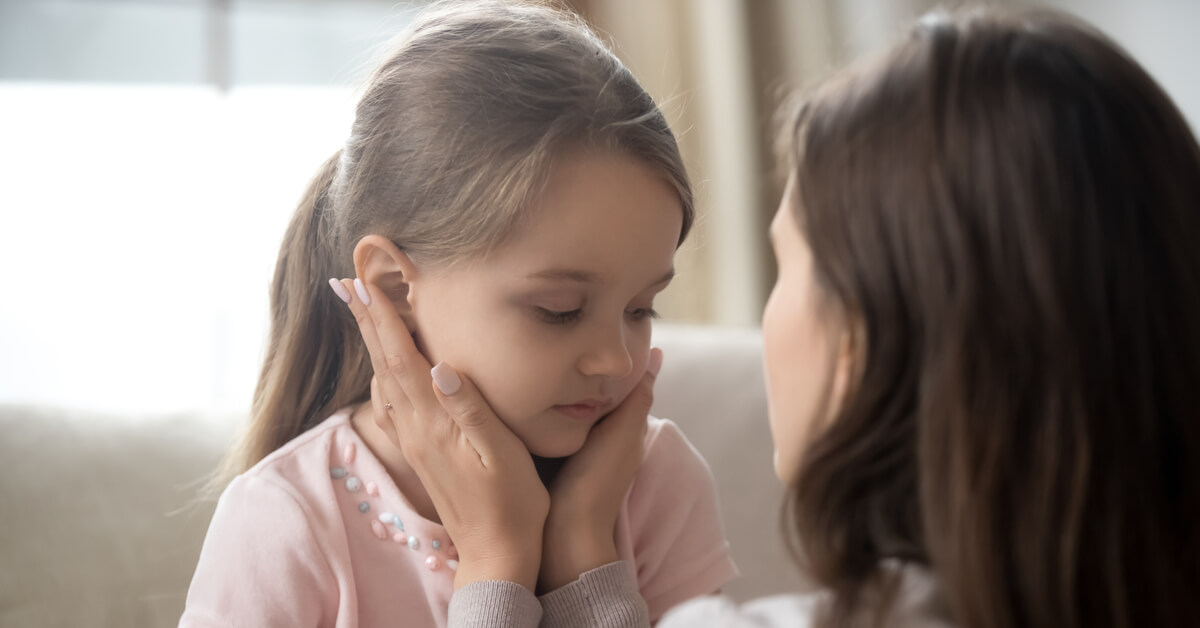When I was a kid, my favorite picture book was “Alexander and the Terrible, Horrible, No Good, Very Bad Day.” Alexander starts the day with gum in his hair and ends it with lima beans for dinner, soap in his eyes, a marble down the drain and railroad-train pajamas (and he hates his railroad-train pajamas). His day was the pits, and I couldn’t look away.
I recently read this book to my own kids. Snuggled in bed, they giggled and moaned in all the right places. And then I got to that brilliant last page, where author Judith Viorst puts a sun-kissed bandage on Alexander’s emotional scrapes: “My mom says some days are like that. Even in Australia.”
I am not Alexander anymore. I am the subject in my kids’ “My mom says…” Viorst reminds me that my words will become part of their mental script as they navigate no good, very bad days.
Kids’ internal chatter is not always kind. I’m a teacher, too. You can see the critical self-talk on students’ faces when they get a bad grade or forget their lines or miss a basket or face a social rejection. It’s the…


